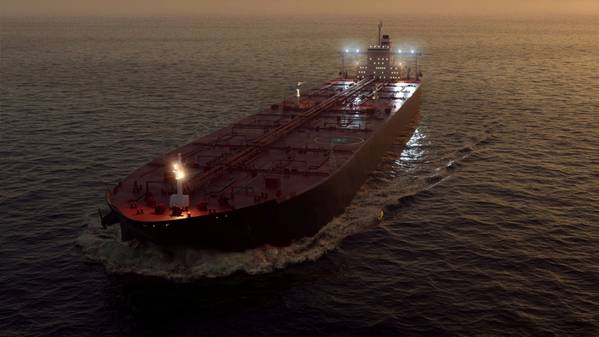
While global energy markets are not yet pricing in worst-case scenarios for the Israel-Iran war, oil tanker rates are providing a good real-time gauge of the escalating risks.
Geopolitical risk has spiked following Israel's surprise bombardment of the Islamic Republic last Friday and Iran's retaliatory ballistic missile strikes, leading to a rally in global energy prices, with Brent crude rising 8% to roughly $75 a barrel.
But markets and investors now appear to be in a holding pattern as the conflict unfolds, with possible scenarios spanning everything from an imminent ceasefire and strengthened nuclear deal to a joint U.S.-Israel effort to destroy Iran’s nuclear program and potentially bring about regime change.
For oil markets, the central risk remains the blocking or disruption of maritime traffic through the Strait of Hormuz, a narrow waterway between Iran and Oman through which one-fifth of the world's oil and gas consumption flows.
Iranian strikes on energy infrastructure in Saudi Arabia or the United Arab Emirates – both U.S. allies – would represent another major escalation.
Current oil prices suggest the market is still largely discounting such extreme scenarios, but trends in the oil tanker market show that oil shipping activity is being impacted even without direct action by Tehran.
The benchmark daily rate for a ‘very large crude carrier’ (VLCC) moving oil from the Middle East to China has risen by 40% since June 13, reflecting the higher risk premium tanker owners are now charging to move through the strait.
LSEG shipping market analysts anticipate further rate increases in the coming days.
Tanker rates in other regions have also risen. For example, VLCC rates between West Africa and China have also jumped by over 40% since Friday.
This is partly due to an expectation that crude buyers will seek to secure supplies from regions outside the Middle East in order to reduce the risk of disruption to their refining or trading operations.
In another sign of the conflict’s indirect impact on shipping, Qatar’s national energy company instructed liquefied natural gas and oil tankers to stay outside Hormuz and to enter the Gulf only the day before loading, Reuters reported.
SPOOFING
While no physical attacks have occurred in Hormuz, tensions in the Gulf were heightened on Tuesday after two oil tankers collided and caught fire near the Strait of Hormuz.
One of the tankers, the Front Eagle, which was destined for China, was loaded with 2 million barrels of Iraqi crude oil, according to monitoring service TankerTrackers.com.
The exact cause of the collision, which resulted in no injuries or spills, is still unclear. But it coincided with a surge in electronic interference among commercial ship navigation systems in recent days around Hormuz and the wider Gulf.
This electronic disruption is affecting vessels’ ability to accurately transmit positional data via automated identification systems (AIS), which poses operational and navigational challenges for maritime traffic, the U.S.-led Joint Maritime Information Center said in an advisory.
The source of the interference, known as jamming, was unclear.
LSEG analysts noted that more than 260 vessels in the Gulf had their AIS positions corrupted at one point in recent days, as they appeared to be “sailing” on the land around the South Pars Central Power Plant in southern Iran.
Similar incidents have been recorded in other parts of the world in the past. For example, signal disruptions affecting AIS and GPS signals rose sharply in the Baltic Sea following Moscow's invasion of Ukraine in 2022.
The physical oil market, where real-world trade activity overlaps with political and military activity, can often help investors assess risk levels at moments of heightened geopolitical tension.
Amid the current fog of war, the tanker market in the Middle East is flashing warning lights.
(Reuters Ron Bousso)




